Biden rants against Chinese President Xi, calls him a ‘dictator’
US President Joe Biden has called Chinese President Xi Jinping a “dictator,” a day after Secretary of State Antony Blinken met Xi on a trip to the country that was aimed at easing tensions between the two powers.
Speaking at an event in California on Tuesday, Biden also claimed Xi was very embarrassed when a Chinese balloon was blown off course over the United States earlier this year, according to Reuters.
"The reason why Xi Jinping got very upset in terms of when I shot that balloon down with two box cars full of spy equipment in it was he didn't know it was there," Biden said.
"That's a great embarrassment for dictators. When they didn't know what happened. That wasn't supposed to be going where it was. It was blown off course," Biden added.
China condemns Biden's comments as 'extremely absurd'
In Beijing, China’s foreign ministry in a statement on Wednesday condemned Biden's comments as “extremely absurd and irresponsible.”
The foreign ministry accused Biden of “political provocation."
The ministry spokesman Mao Ning said the US president’s remarks “seriously violated China’s political dignity and amounted to public political provocation."
"It is a blatant political provocation. China expresses strong dissatisfaction and opposition," Mao said at a daily briefing. "The U.S. remarks are extremely absurd and irresponsible.”
China said the United States had violated international norms by shooting down a balloon in February. The incident has increased US-China tensions.
China's foreign affairs director, Wang Yi, said the US shooting down of the Chinese weather balloon “does not show the US is strong; on the contrary, it shows it is weak.”
He added that the shooting down was part of an attempt to divert attention from the domestic problems of the Biden administration.
The US alleged the unmanned balloon was designed to detect and collect intelligence signals, but China insisted that it was used for meteorological and other scientific purposes and had strayed into US airspace accidentally.
While Chinese officials say the United States is facing entomic problems, Biden on Tuesday said that China "has real economic difficulties."
The US president also claimed that Xi had been concerned by the so-called Quad strategic security group, which includes Japan, Australia, India and the United States.
Biden said he previously told Xi the US was not trying to encircle China with the Quad.
"He called me and told me not to do that because it was putting him in a bind," Biden said.
The remarks came as Beijing’s relationship with Washington stands at its lowest point since the establishment of diplomatic ties between the two governments due to persisting differences ranging from trade and technology to regional security and territorial disputes.
Blinken wrapped up his high-stakes trip to Beijing earlier this week. In a press conference on Monday, Blinken noted record high trade between the two countries, and said the US is “prepared to cooperate with China” in “macroeconomic stability.”
During his visit, Blinken also met with China's top diplomat Yi who warned that Washington must choose between “dialogue and confrontation” in its relations with Beijing.
"It is necessary to make a choice between dialogue and confrontation, cooperation or conflict," said Wang, who is the director of the office of the Central Foreign Affairs Commission in the Chinese Communist Party ranks above the foreign minister.
'Biden’s acerbic remarks point to deep-rooted animosity'
Ivan Kesic, who is an independent journalist and researcher, wrote in a column for the Press TV website that "Biden’s acerbic remarks about Xi point to deep-rooted animosity between the world’s two largest economies and arch-rivals, as the range of disputes between them are only exacerbating."
"Washington’s anti-China unilateral moves in recent years include provocative transits in the Taiwan Strait, a de-facto tariff war, sanctions on Chinese companies and individuals, pressures on other countries to ban Chinese advanced technology, and an aggressive strategic approach against China," he added.
"Most importantly, US officials have been regularly treating the Chinese Taipei (Taiwan) as a territory independent of China's mainland, in violation of the internationally-recognized 'One China' principle," he noted.
"The US is expanding arms exports to Taiwan, increasing warship navigation in the Taiwan Strait, and attempting to expand a NATO-like military alliance in the Asia-Pacific region," he wrote.
Hezbollah attacks Israeli forces after Lebanese homes blown up
World leaders, states hail ICC arrest warrants for Netanyahu, Gallant
MP: US accountable for possible Israeli 'foolishness' to attack Iraq
VIDEO | Israeli policies strangle Palestinian agriculture, economy
Iran's president offers condolences to Pakistan over terrorist attack
Canada’s Yukon town council at standstill over refusing oath to King Charles
Yemen's Houthi calls for jihad to protect Palestine against Israel
VIDEO | Internal rifts within Israel


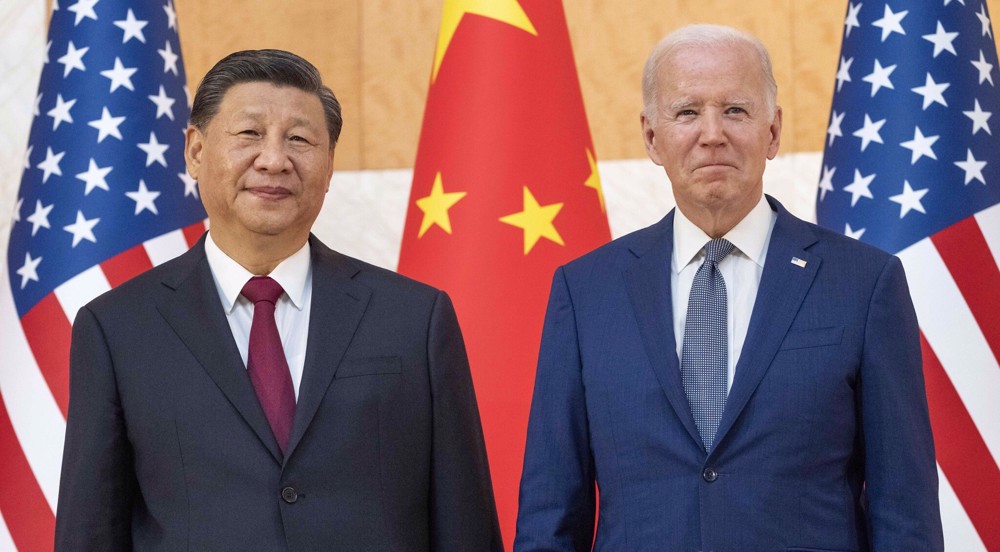
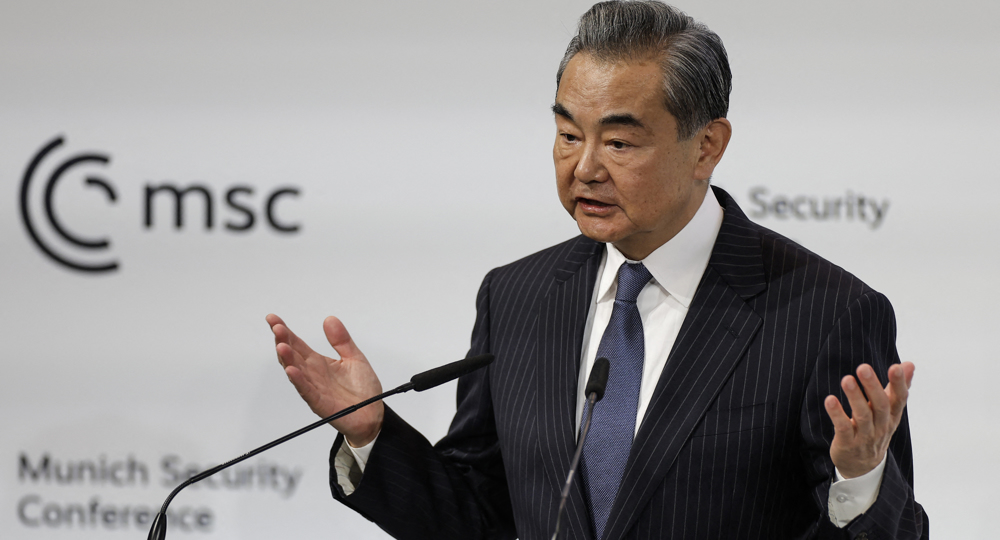
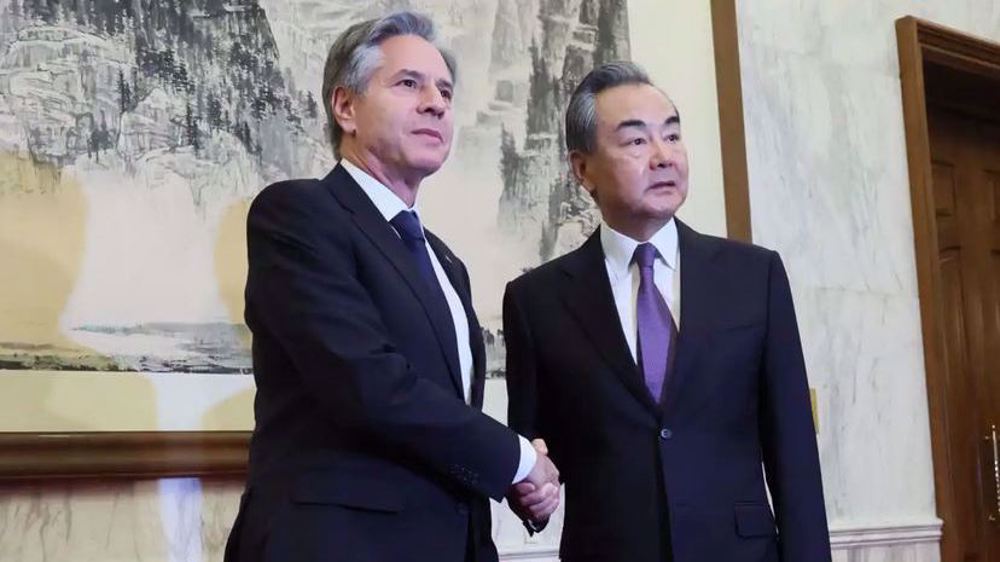
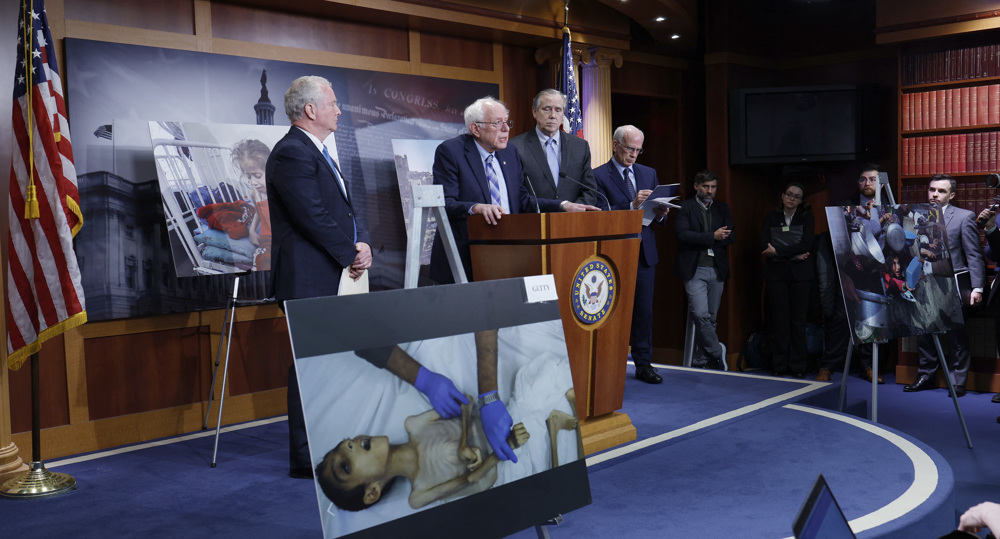

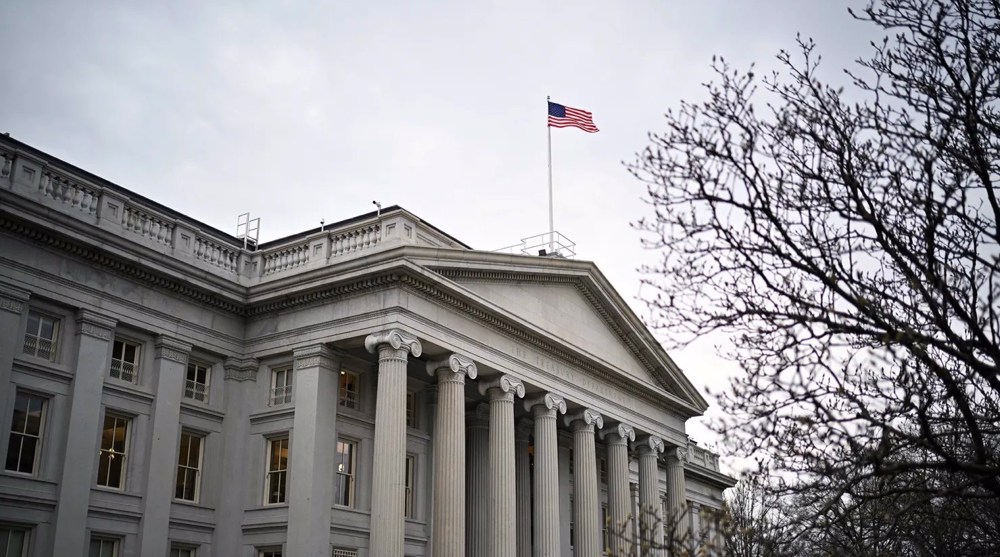




 This makes it easy to access the Press TV website
This makes it easy to access the Press TV website